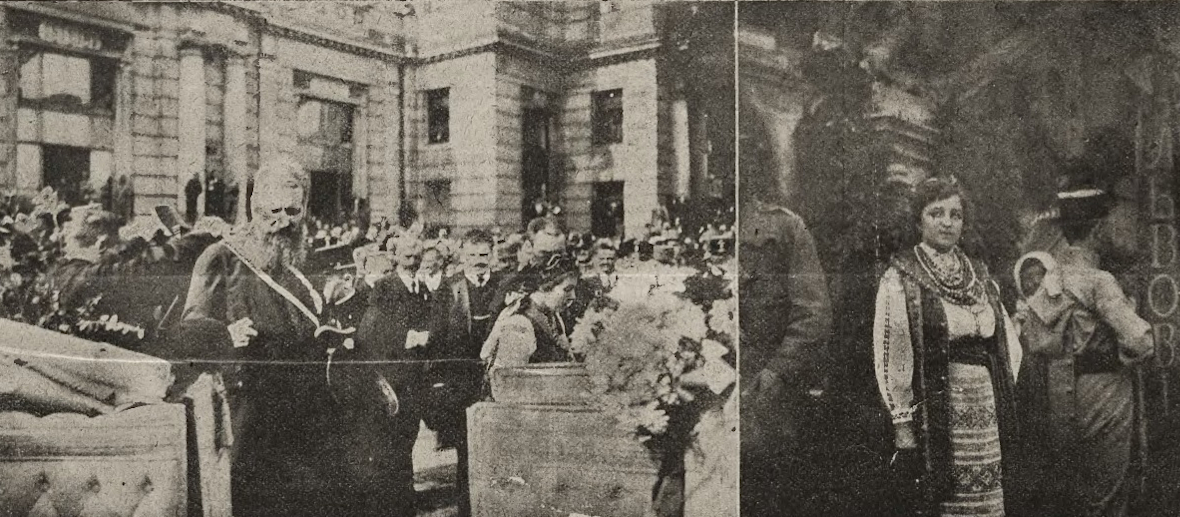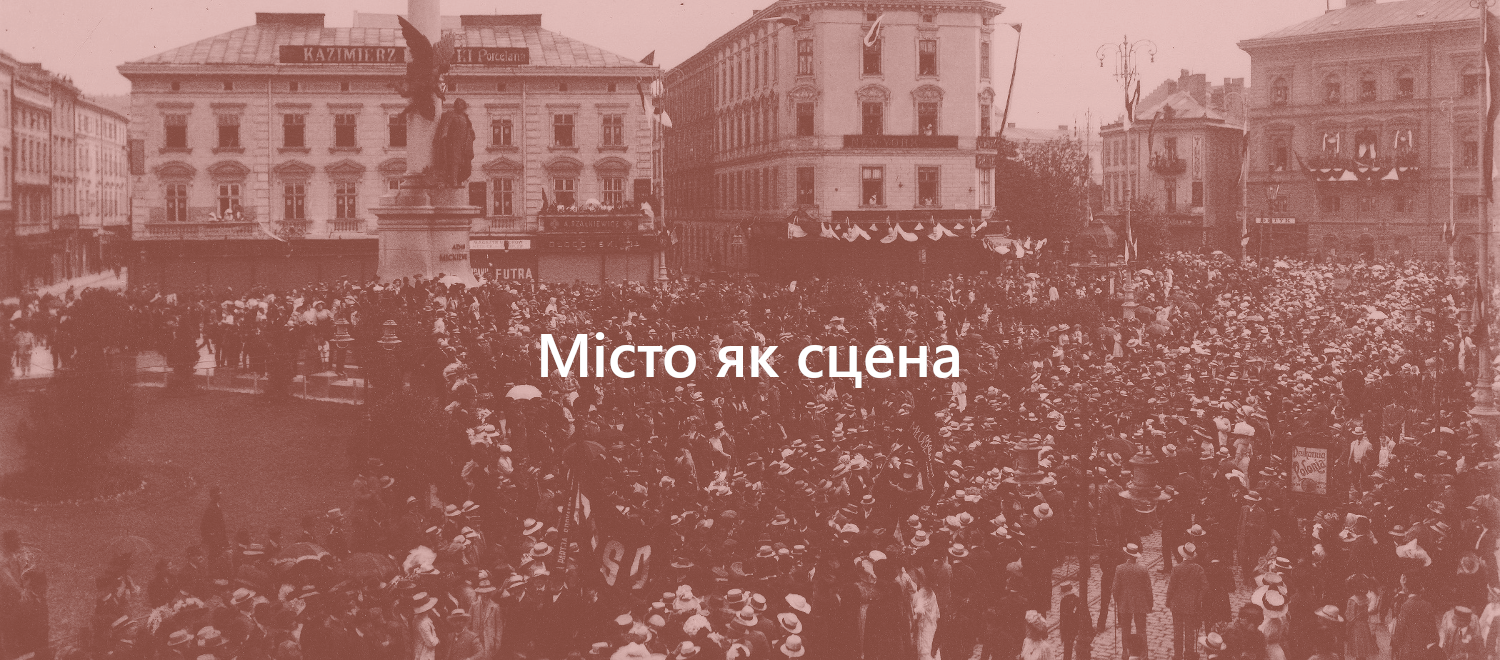

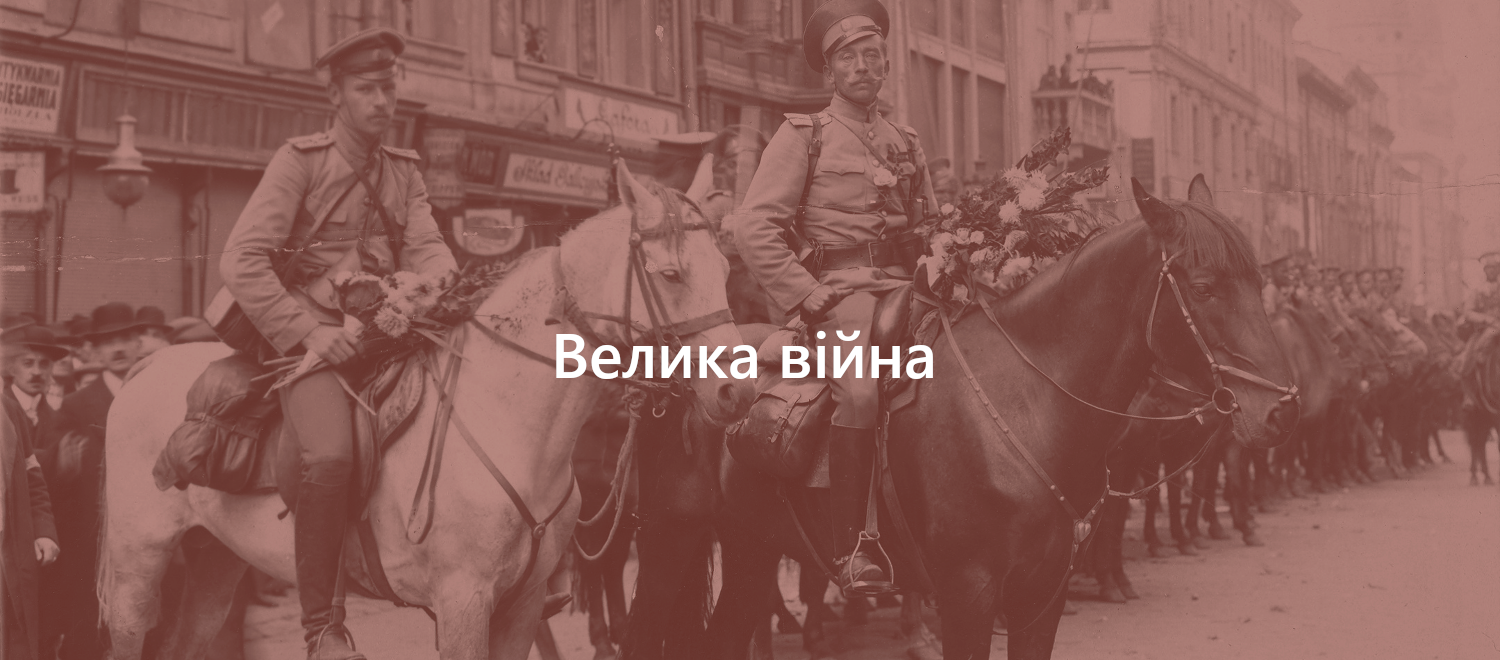
The city and the Great War: mass street politics in Lviv during the First World War
The Great War intensified political processes that seemed to have died down due to the limitations imposed by military administrations. Local politicians, however, continued to look for ways to express themselves in the urban space.This topic summarizes and problematizes the mass events that took place in Lviv during the First World War.
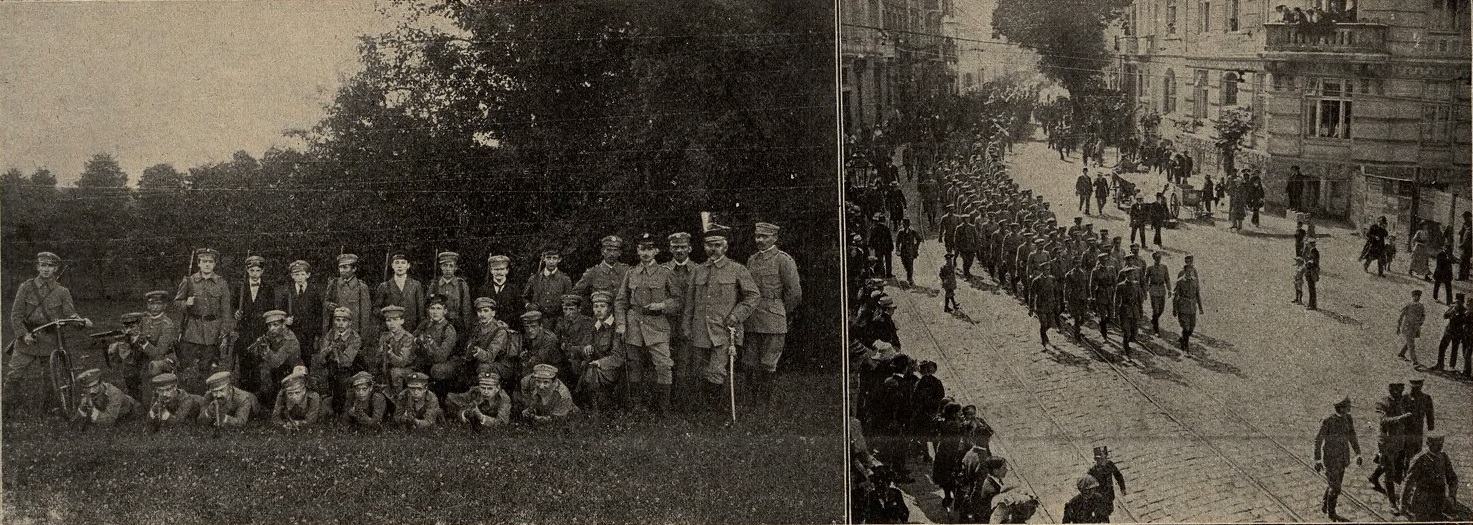
Patriotic manifestations at the beginning of the First World War
In summer 1914, the solemn marches, rallies, speeches took place in the city to demonstrate loyalty, imperial patriotism and support for the army. All other events were either cancelled or postponed indefinitely.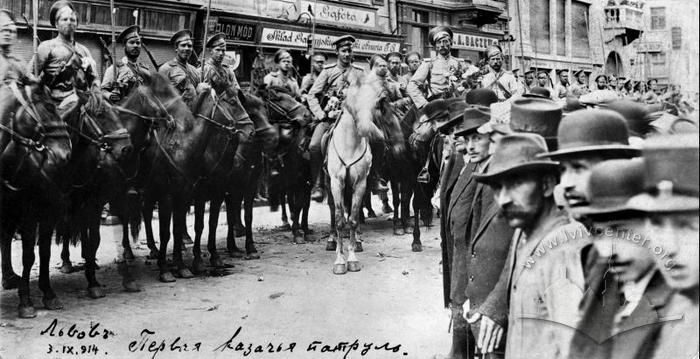
Mass events during the Russian occupation of Lviv (1914-1915)
After repressions by the occupation authorities, the only legal way of manifestation in Lviv were Roman Catholic religious celebrations. This allowed the Poles to emphasize their identity through their denomination and, in addition, events were also celebrated according to the Gregorian calendar, while the Russians had made the Julian calendar official.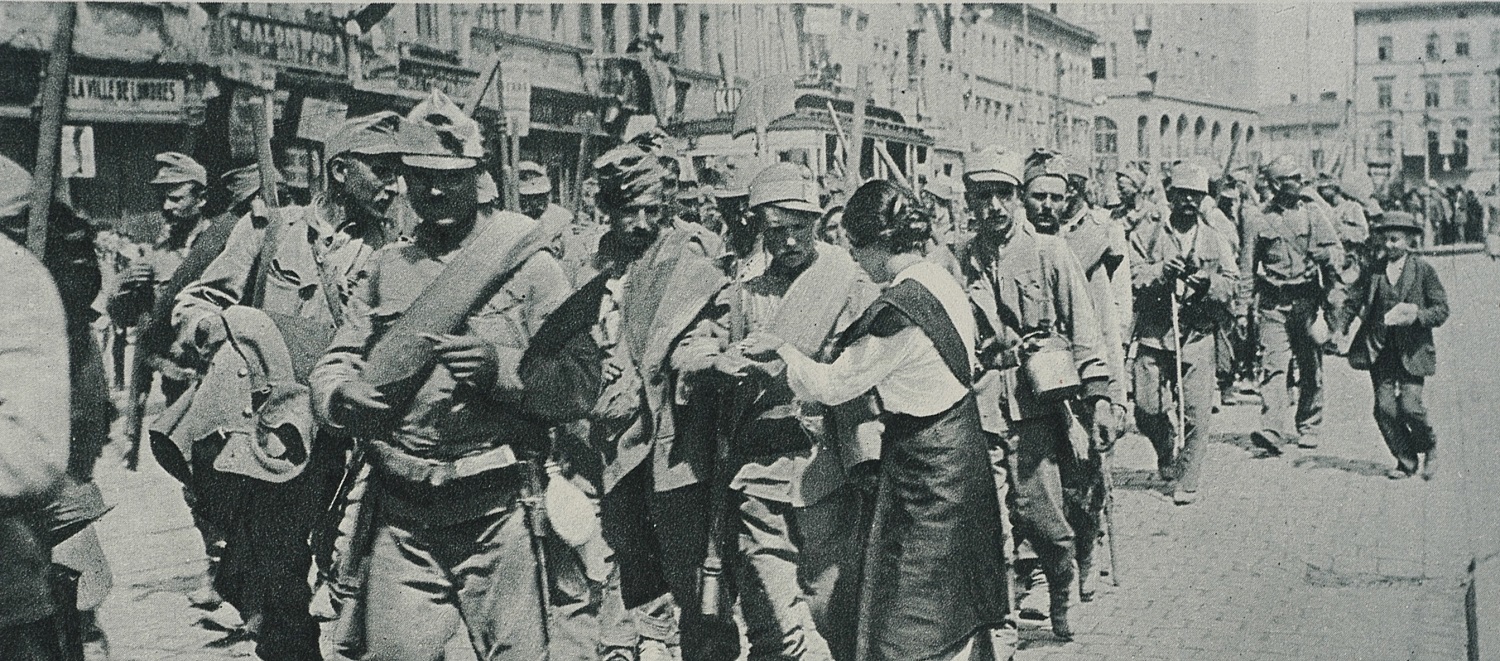
Political manifestations after the liberation of Lviv (1915)
After June 9, 1915, there was an attempt to restore the usual pre-war practices at the backgroud of epidemics, shortages and the proximity of the front line. Ukrainians and Jews preferred not to participate in demonstrations, but for Poles the religious and imperial holidays remained the "platforms" for self-representation, and the traditions of "tours" were revived.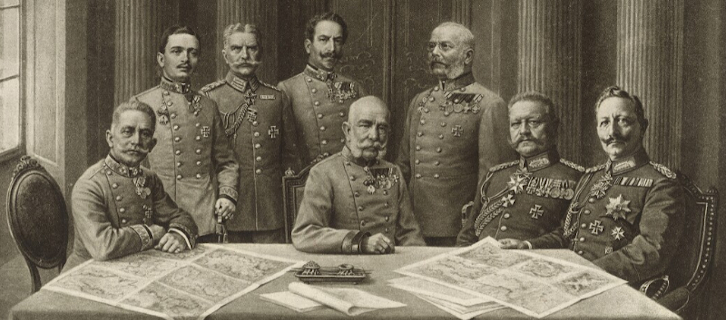
Imperial propaganda and national contradictions (1916)
In 1915-1916, Poles and Ukrainians increasingly emphasized their future statehood. Vienna tried to limit national activity as much as possible in conditions where the monarchy depended on the favor of "its people". And at the same time the imperial center promoted its own ideological agenda, reserving for itself the role of the main arbiter.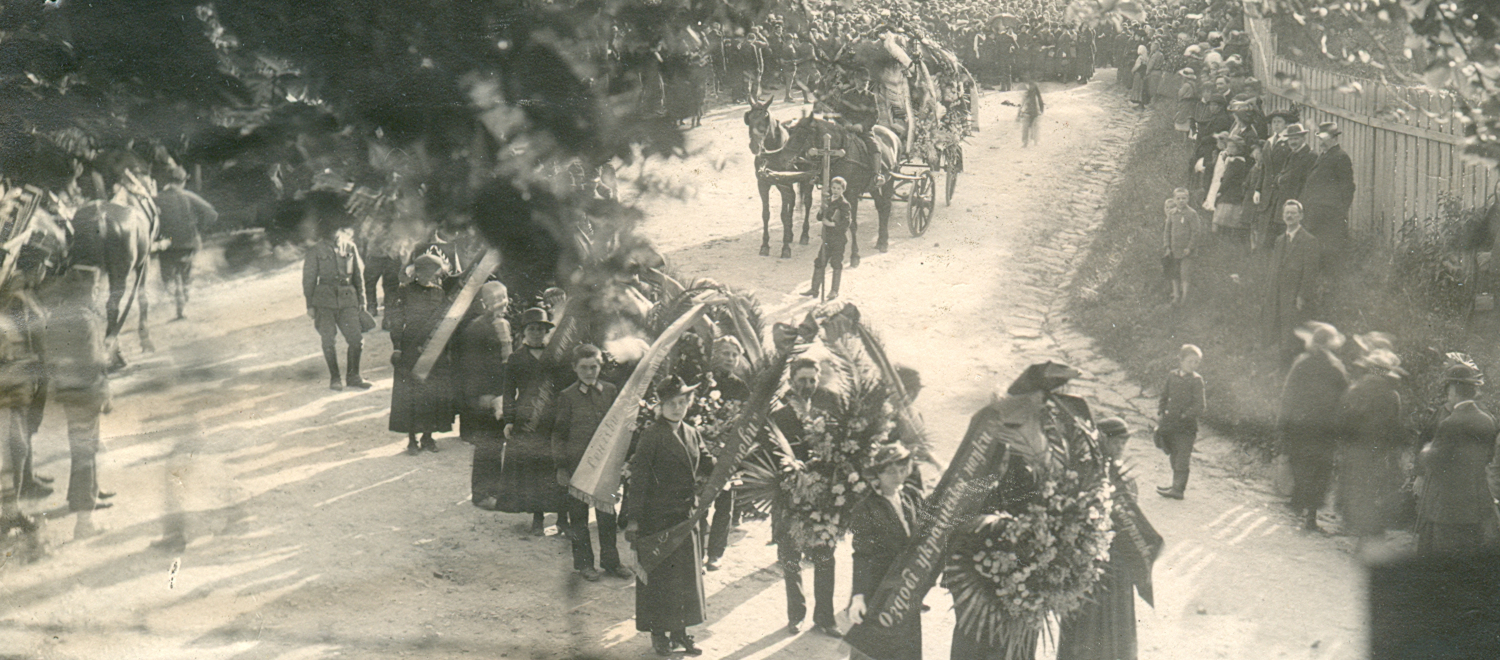
Funeral of Ivan Franko (1916)
Franko's funeral became one of the most massive Ukrainian events in Lviv before 1918 demonstrating Ukrainians as a society with ambitions to fight for the city and in the city.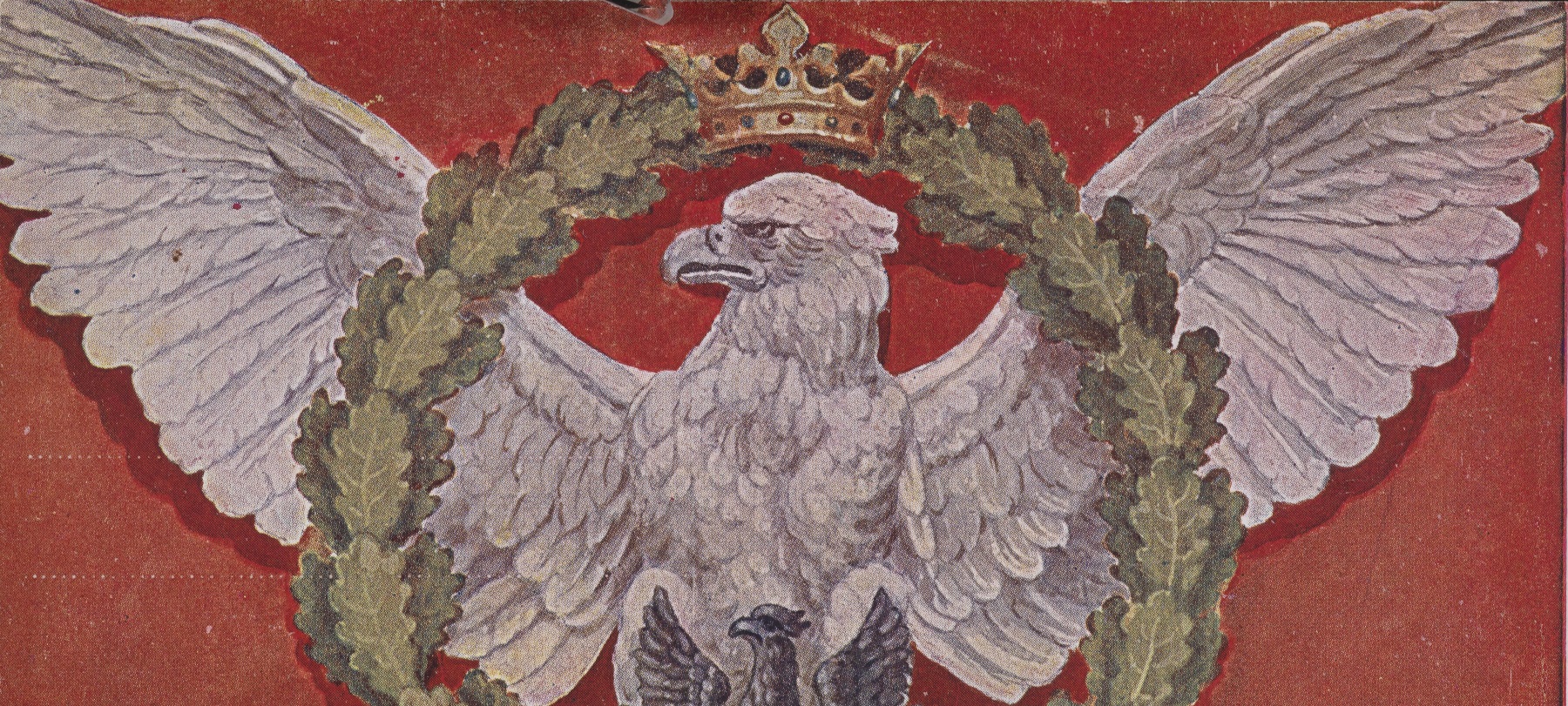
Celebration of the "restoration of Poland" (November 1916)
Mass celebration took place in November 1916. The Polish Supreme National Committee and other organizations were responsible for organizing it.